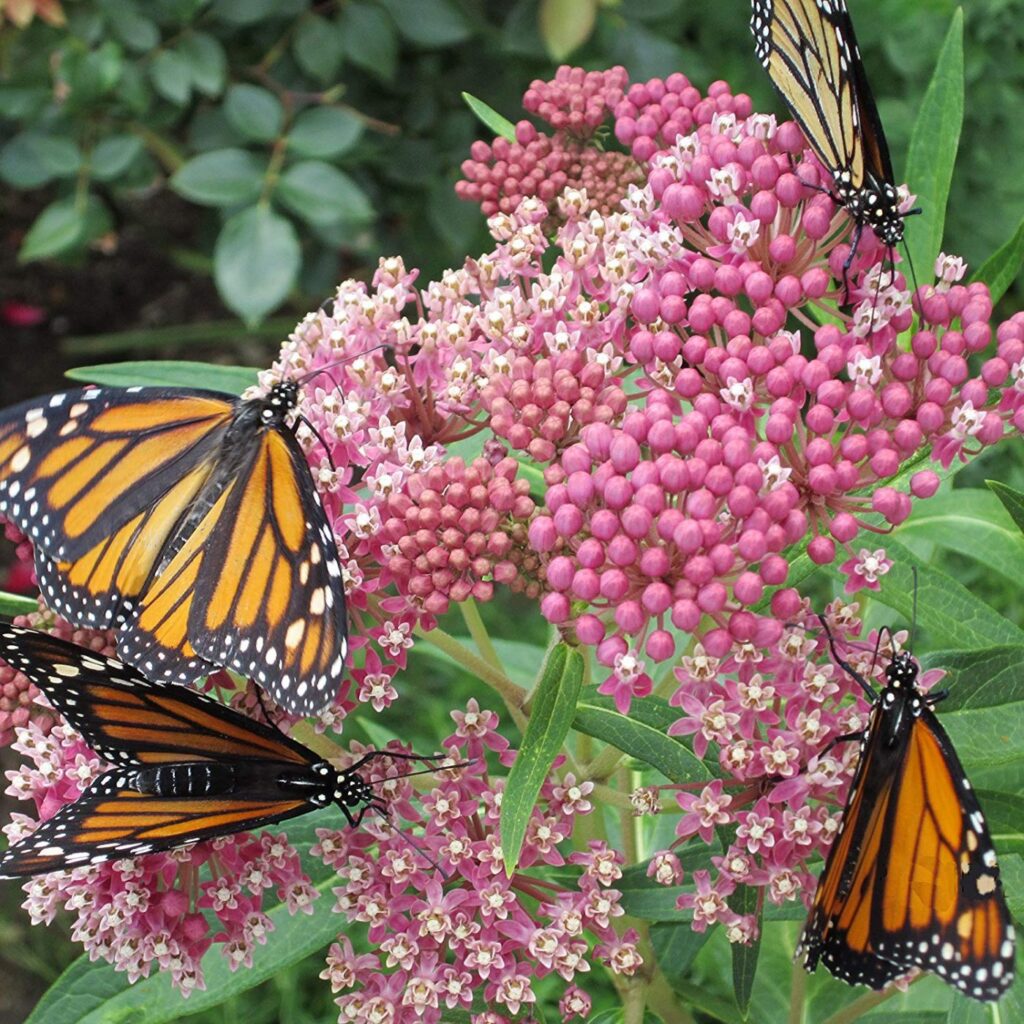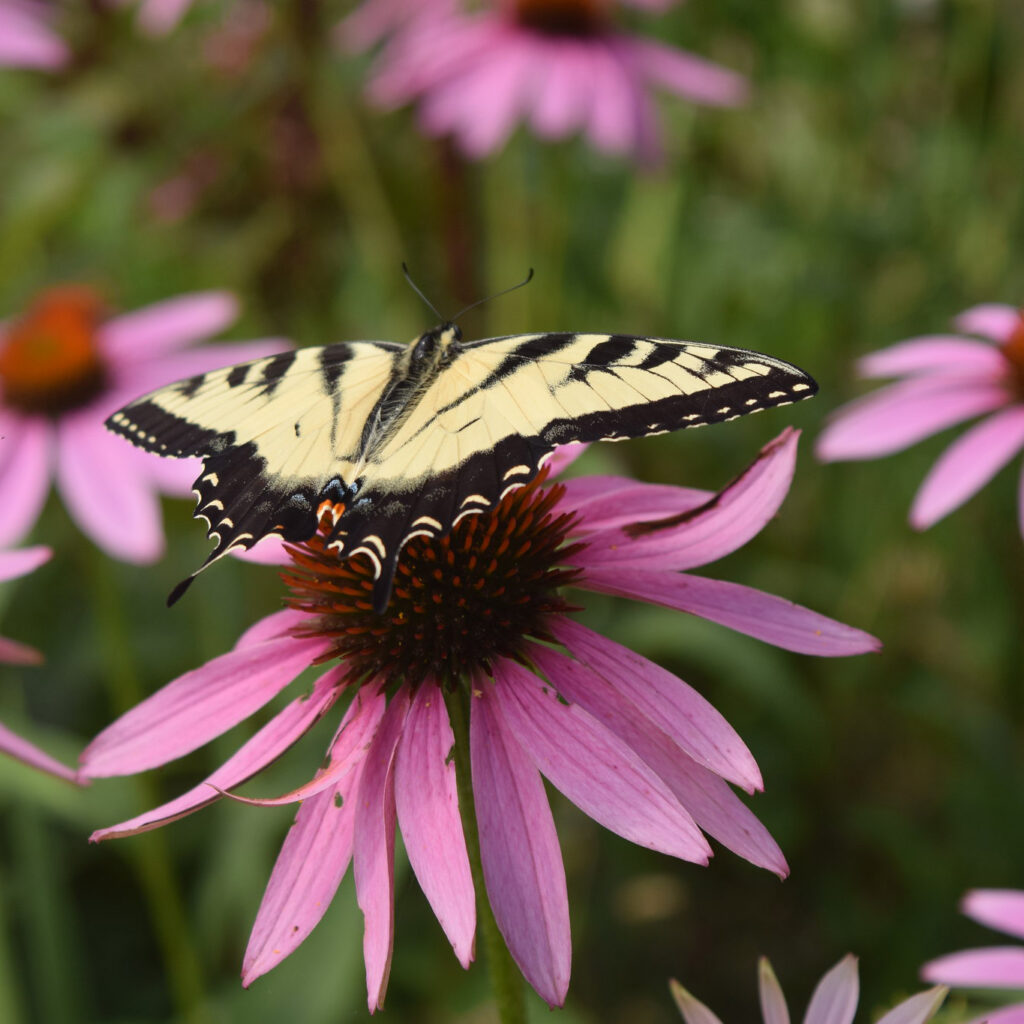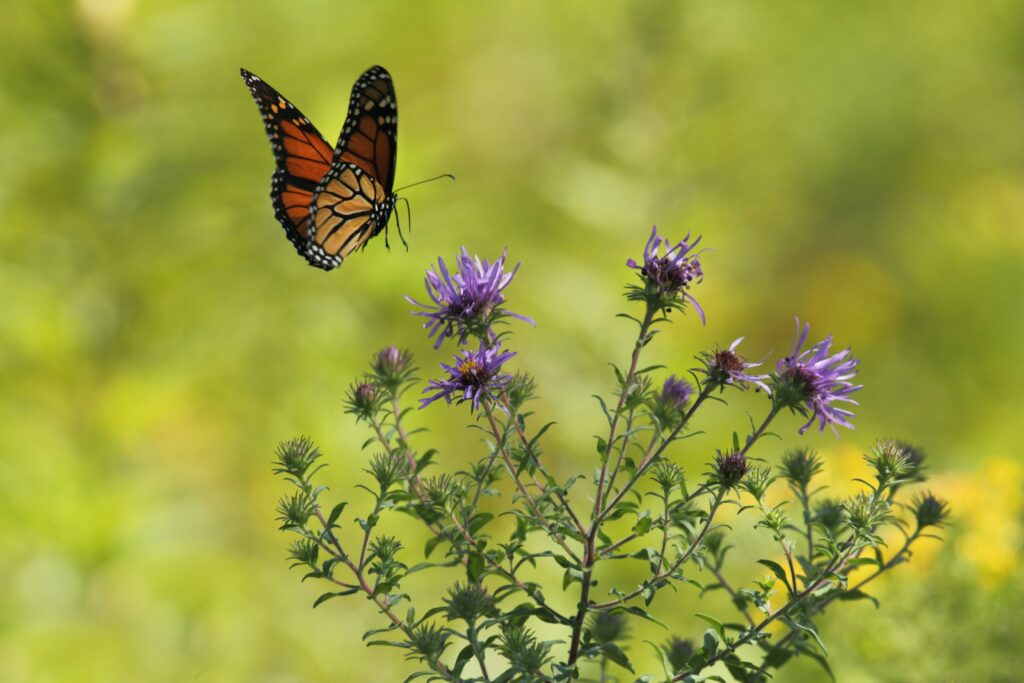Pollen is a powdery substance produced by flowers.

Pollinators are animals that move the pollen from flower to flower
Pollination is the first step in a process that produces seeds and fruits. 75% to 95% of flowering plants need help with pollination. Our ecosystem relies on pollinators to help plants reproduce. Bees, bats, butterflies, birds, beetles and other insects are all pollinators.

Many pollinators are at risk of becoming extinct
Pollinators are in crisis now for a variety of reasons: habitat loss, pesticide use, climate change. Many pollinators are at risk of becoming extinct, endangering many ecosystems.
Without pollinators, millions of plants would never grow. If they never grow, the thousands of other species that depend on the plants to survive would be devastated. It would be catastrophic for humans who rely on pollinated plants for food like apples, strawberries, pears, avocados, onions, coffee, and many nuts. One thing we can do is increase pollinator habitats by planting flowers and other pollen-producing plants, providing food for these at-risk pollinators.
